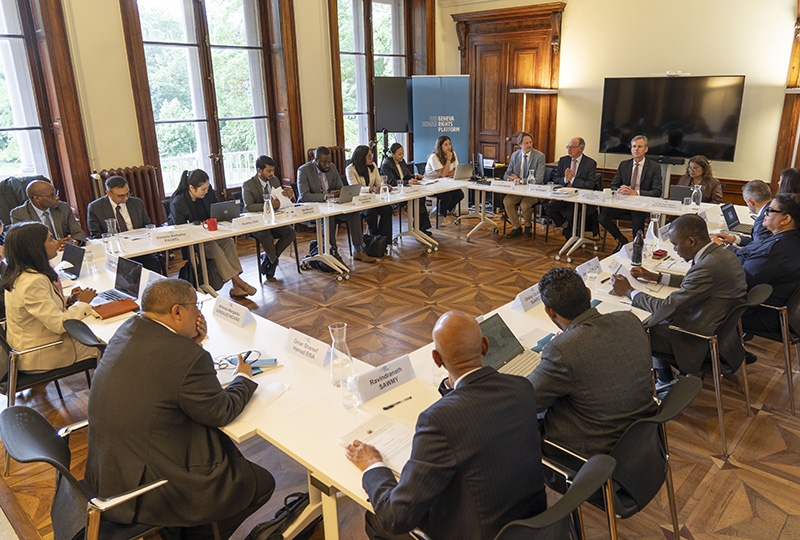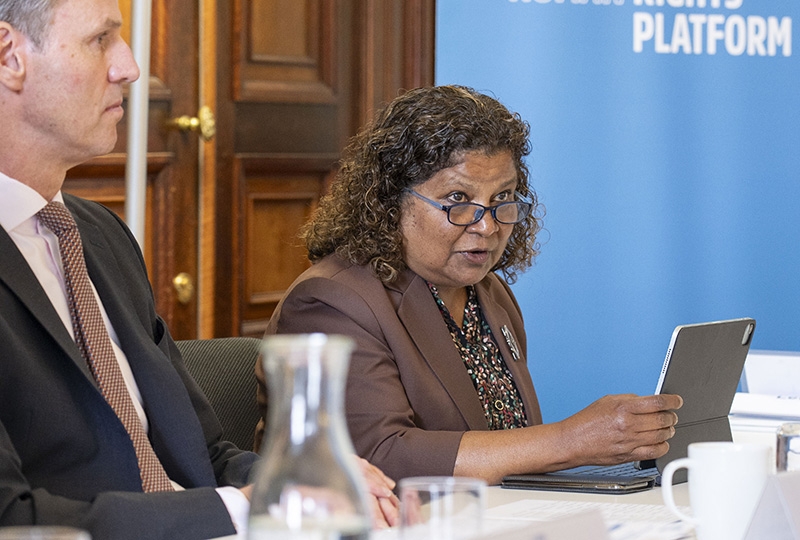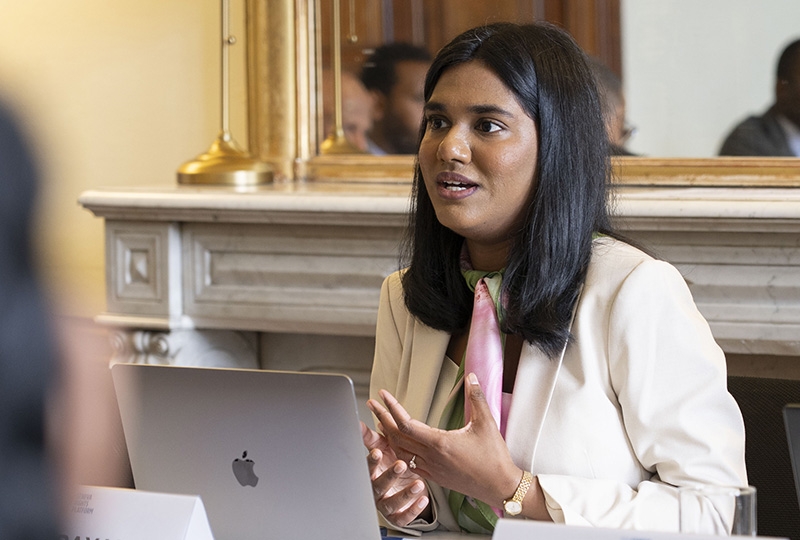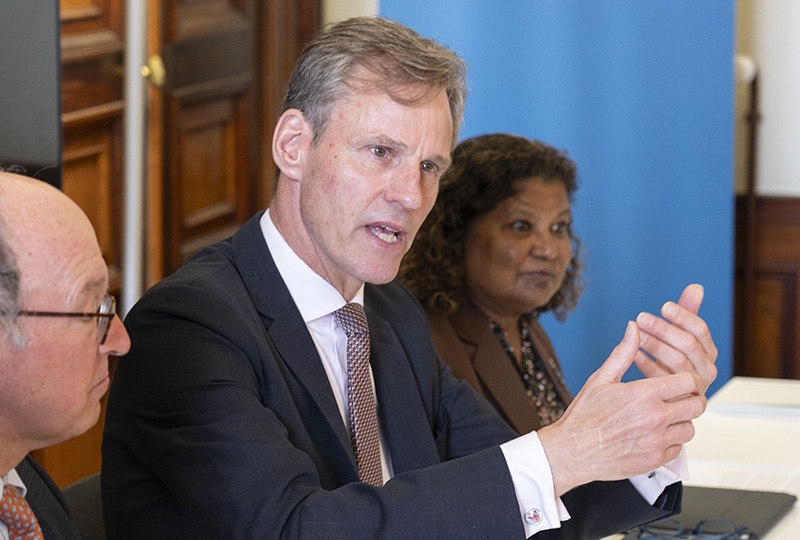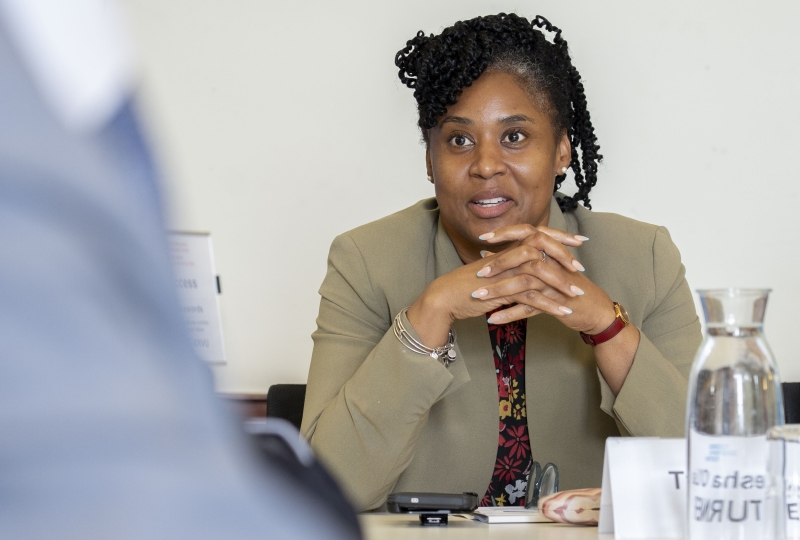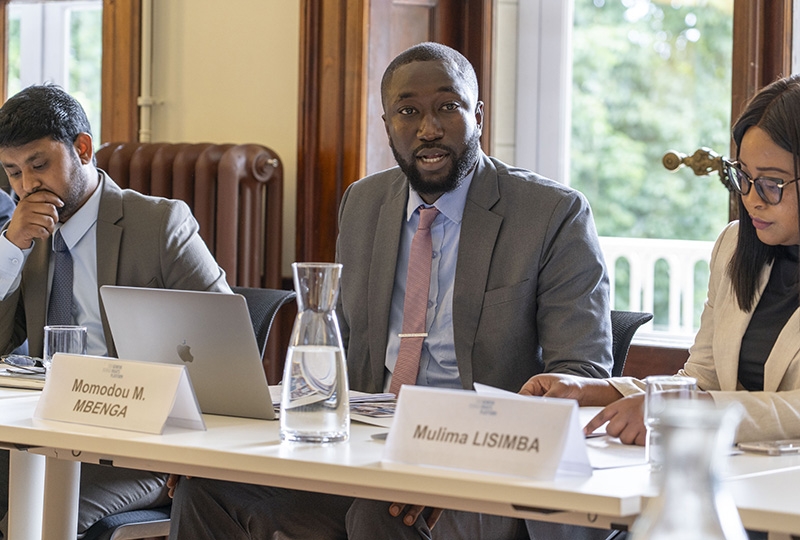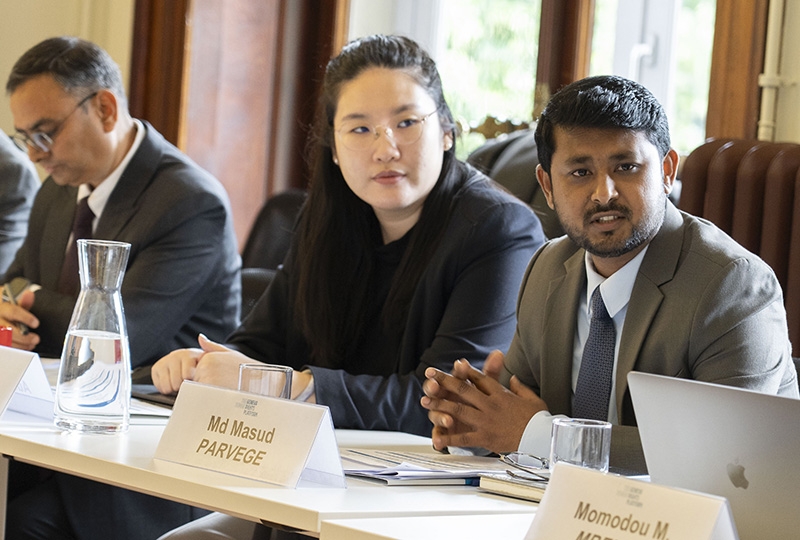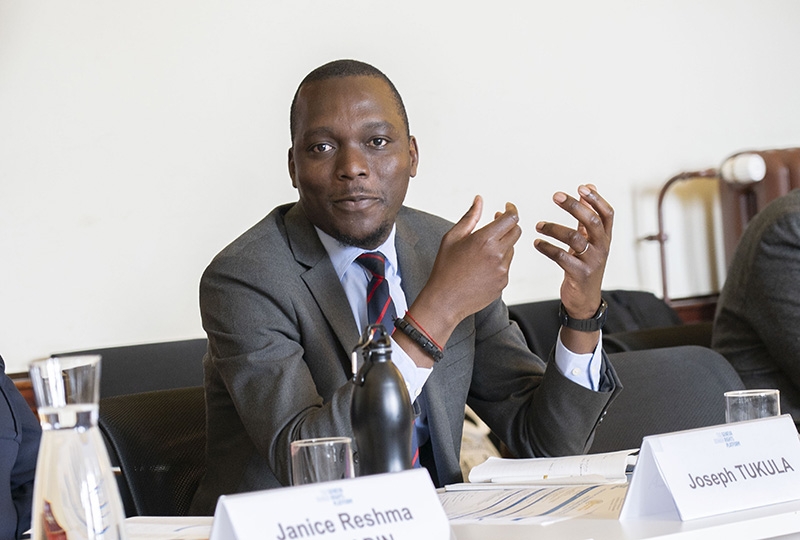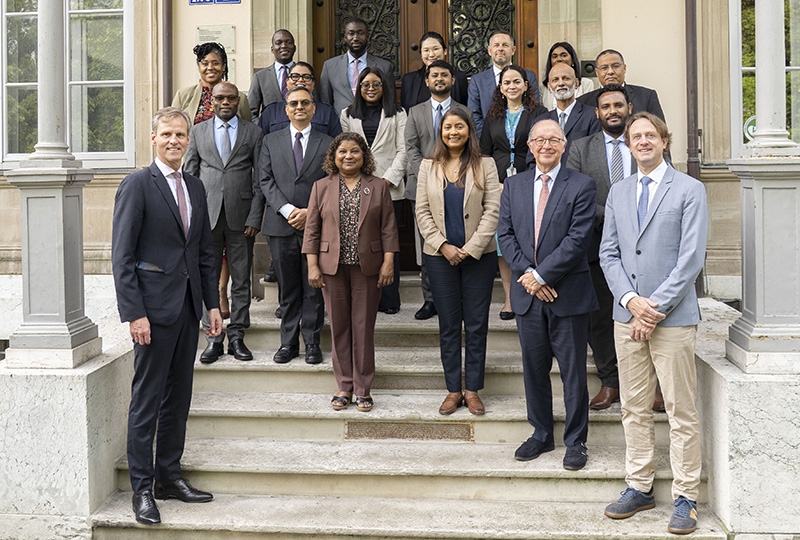'The training was both impactful and practical, providing invaluable insights into the Human Rights Council’s procedures. It significantly enhances the efficiency and meaningful participation of small delegations based in Geneva, especially from SIDS and LDCs,' - Andualem Yalelet Tessema, Second Secretary at the Permanent Mission of the Federal Democratic Republic of Ethiopia.
The training responds to ongoing requests from Geneva-based delegates from SIDS and LDCs for more targeted and practice-oriented support. While the SIDS/LDCs Trust Fund, established by Human Rights Council resolution 19/26 in 2012, has enabled to-date the participation of 300 government officials from 72 countries, many delegations continue to face structural and human resource challenges in engaging with the Council’s work in a sustained and active manner.
This training was designed to complement the existing efforts of the Trust Fund by focusing specifically on procedural knowledge and negotiation practice, areas frequently cited as key to more effective participation in the Council’s decision-making processes.


